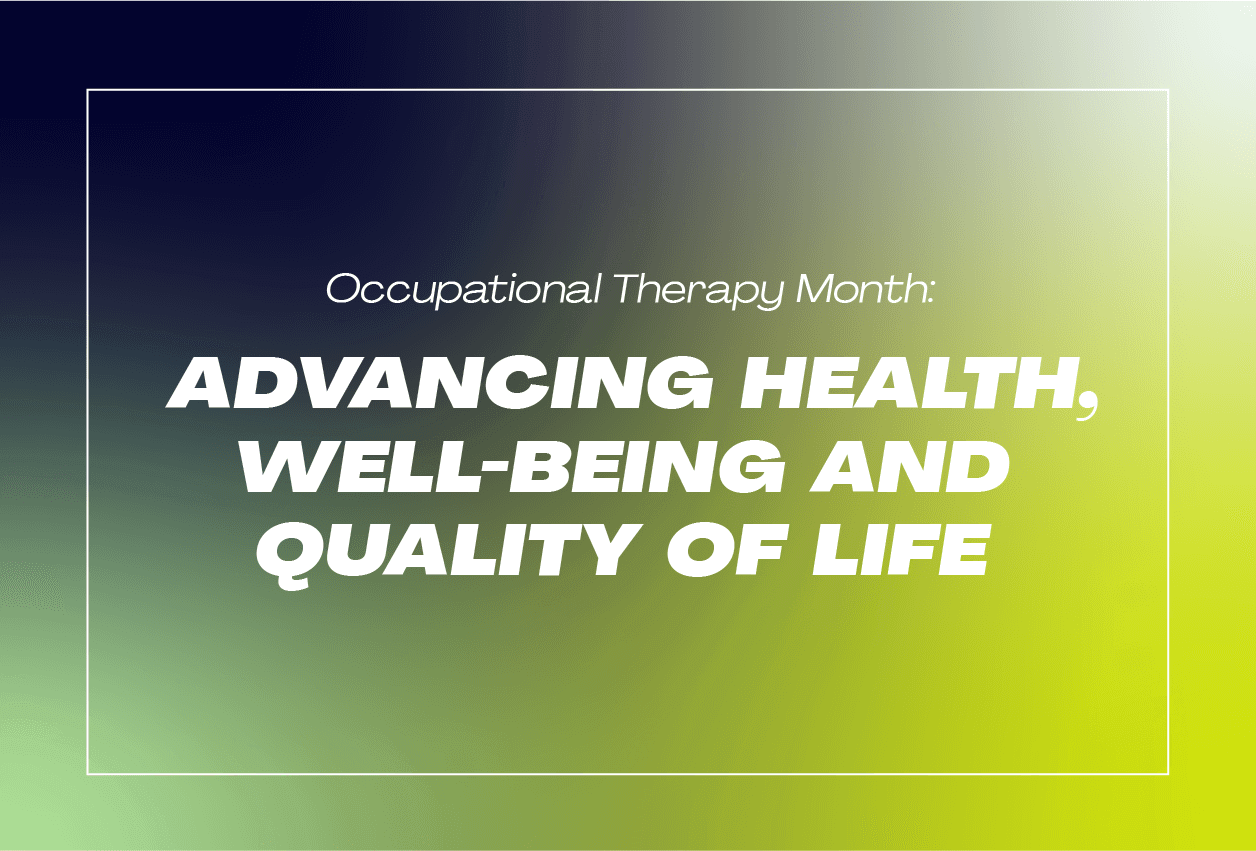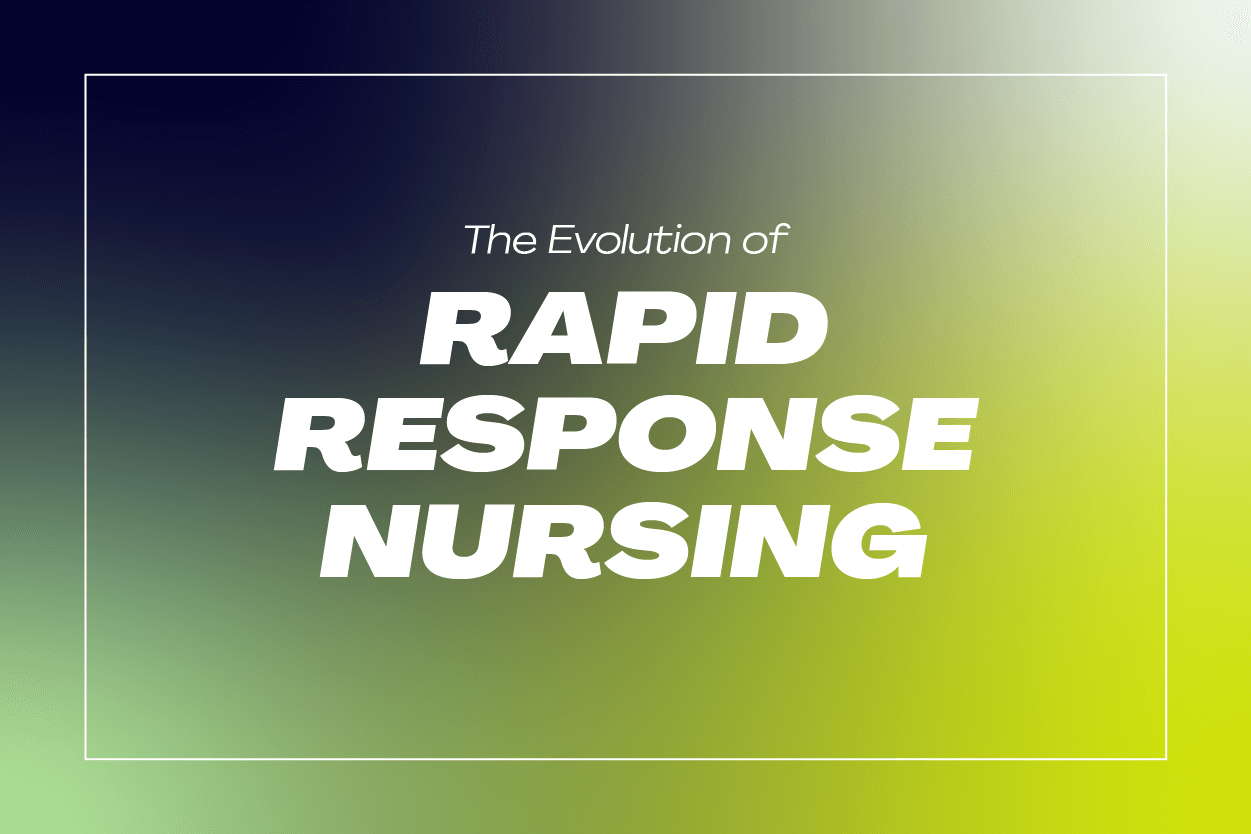By Rachel Lamb . 30/08/2019 · 7 Minute read
The United Kingdom is a country with heaps of history, a never-ending list of things to do and sights to rival any other place in the world.
But what makes the UK even more appealing is the fantastic career opportunities we have here. Every year, we have thousands of people from overseas obtaining visas and coming into the country for work, many of whom include qualified nurses from India.
Why do Indian nurses come to the UK?
For most international nurses, the main appeal of working in the UK is our National Health Service. Not only is the NHS abundant in nursing jobs for both native and overseas nurses, but the benefits packages that come with NHS jobs are extremely attractive.
Aside from a fantastic healthcare system, the UK is also extremely multicultural, catering to people from all backgrounds and cultures worldwide. Indian nurses will often find all the comforts of home in their local communities, which makes transitioning from India to the United Kingdom an easy and exciting process.
The UK is a very popular place to settle in permanently and a terrific location to start a family. We have an excellent public schooling system, free healthcare to all UK citizens and plenty of support for families in need. Whether you choose to settle in England, Scotland, Northern Ireland or Wales, the United Kingdom truly has something to suit every background. Our bustling cities are exciting, fast-paced and packed with dazzling activities. The countryside is stunningly beautiful with picture-perfect surroundings and a true feeling of freedom. Our beaches and sea-sides are extremely popular with people from all over the world, providing fresh sea air, delicious treats and quaint beach huts.
What are the requirements for Indian nurses to work in the UK?
Be a fully qualified nurse
You must be a fully qualified nurse with a nursing degree and at least one years’ experience in a nursing role.
Prove your English language skills
First and foremost, you need to prove that you can speak, read and write well in English. This is a vital part of coming to the UK as working in healthcare requires the ability to communicate with patients and co-workers.
To prove your sufficiency in English, you can take one of two examinations:
- IELTS (International English Language Testing System)
- OET (Occupational English Test)
There are some big differences between both testing systems, so choosing an exam will depend on the individual person. This article will help you find out if you should take the IELTS or OET.
If you choose to only take the IELTS, there are multiple versions of the exams, so you must make sure you are taking the correct version for coming to the UK as a healthcare professional.
Complete your interview
Once you’ve taken your IELTS or OET and passed with the required overall scores, your nursing agency in the UK will set up an interview with you via Skype or a similar video platform. This is your opportunity to prove why you’d be the perfect fit for a nursing role in the UK and ask any questions about the process.
Pass the Computer Based Test (CBT)
All nurses in the UK must be registered with the Nursing & Midwifery Council (NMC). Registration involves a Computer Based Test (CBT), which can be taken in multiple test centres around the world. The test is taken on a computer and is made up of 120 multiple-choice questions. You’ll have four hours to complete the test.
Submit documents for the NMC
You'll be asked to submit a number of documents to the NMC, so they can assess whether you're a good fit for a role in UK nursing. Once they have received all of the documents, you'll wait up to 60 working days for a Decision Letter from the NMC.
Submit your personal documents to the NHS Trust
Throughout the recruitment process, you will need to submit various documents to your agency, which will be sent on to the NHS Trust. These documents ensure you can safely and legally work as a nurse in the UK.
Examples of some of these documents are:
- Your NHS application form
- A police check from your home country
- Proof of address documents
- References
Apply for your Certificate of Sponsorship (COS)
In order to apply for your Visa, you must have a Certificate of Sponsorship (COS). Your NHS Trust acts as your sponsor and will apply for this on your behalf. Your COS will last 3 years, after which you can be re-sponsored. Following 5 years in the UK, you can apply for permanent residency.
Apply for your Visa
Indian nurses coming to the UK will need a Tier 2 Visa. Depending on the NHS Trust you are joining, the cost or part of the cost of your Visa may be covered. Ask a Your World International consultant for more information on Visa costs. Please note that Visas for family members will typically not be covered by the Trust.
Book your flights
Pack your bags, you're off to start a new life in the United Kingdom!
After all that hard work, its finally time to book your flights and make your way over to the UK. On arrival, a Your World International consultant will meet you at the airport and accompany you to your accommodation. You'll also recieve a welcome pack, including a guide to the area, key phone numbers and more. Your NHS Trust will then induct you into their organisation and begin training for the OSCE.
Pass the Objective Structured Clinical Examination (OSCE)
The Objective Structured Clinical Examination (OSCE) is the second part of the requirements for NMC registration. The examination creates some of the healthcare scenarios that nurses and midwives in the NHS are likely to encounter when delivering care to patients.
The OSCE includes six stations, four of which assess a nurse or midwife’s assessment knowledge and understanding, and their ability to plan, implement and evaluate care. The last two stations test clinical skills.
Training time for the OSCE will vary depending on the individual NHS Trust. You will have two paid attempts to pass the examination and may attempt the exam for a third time at your own expense if you do not pass the first two attempts. Should you fail three attempts, you will be required to return to your home country. For this reason, Your World strongly recommends waiting until you have passed the OSCE before moving any family members over to the UK.
Receive your NMC PIN
Once you pass the OSCE, you’ll be registered with the Nursing & Midwifery Council and receive your NMC Personal Identification Number (PIN).
Your career as a registered nurse (RGN) in the United Kingdom will officially begin!









